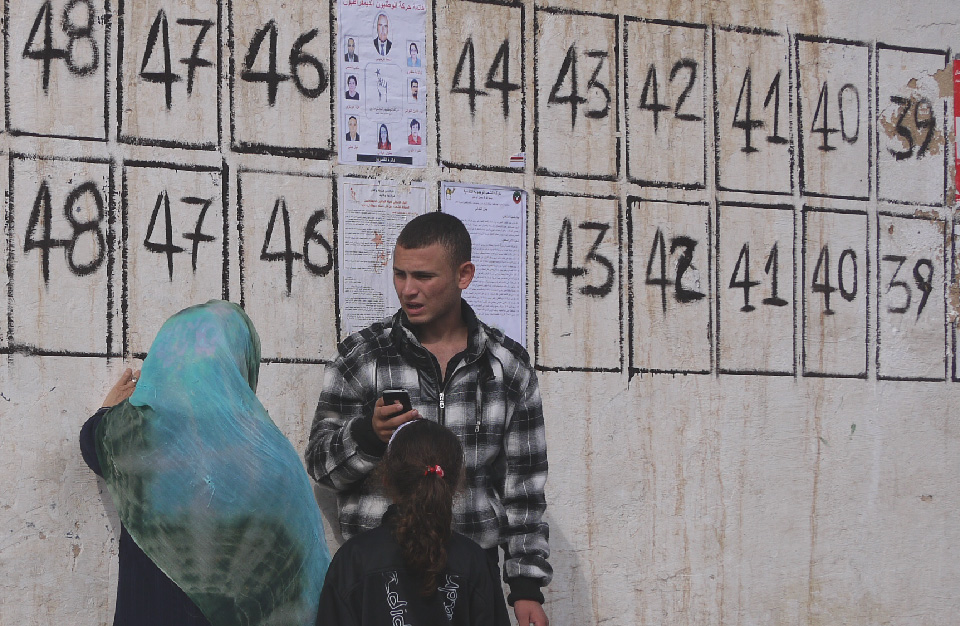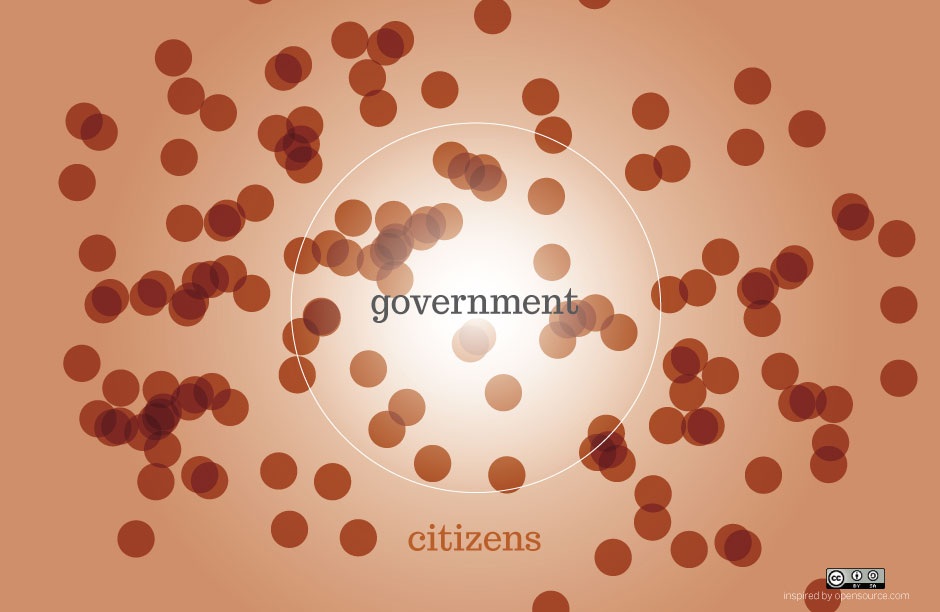Innovation
Designing For Better Decision-Making
Consider for a moment the line outside a half-empty nightclub or the “billions served” tagline. These indicators signal popularity, and they instigate that quiet but undeniable human urge to see what all the fuss is about. This phenomenon is known in social psychology and behavioral science circles as “social proof,” and it’s one of the mostly broadly acknowledged mental shortcuts we humans make. In short, it means that people look to others to uncover the proper action, especially in uncertain environs. This herding behavior happens without the benefit of conscious thought, and it has long been exploited by advertisers great and small. As social designers, knowing how this and other cognitive shortcuts work can mean the difference between a successful social intervention and one that falls flat.
A few weeks ago, Reboot had the honor of participating in StartupOnomics, an invitation-only … Read More »
Technology, Institutions and the Future of Civic Participation
On May 16th, at the World Summit on the Information Society (WSIS) Forum, I presented Reboot’s recent World Bank report on post-revolution Tunisia, as part of a panel discussing how technology is transforming civic participation around the world. The topic posed was, how is technology changing institutions of governance, particularly those facing conflicts and crisis?
I started from the perspective that technology has always and is increasingly impacting the nature of public life. From our earliest collective societies, technology has made up a critical layer in our capacity to participate in civic affairs. As technology develops more quickly, and exponentially expands our ability to communicate and inform, the impact of technology on civic participation is only becoming more important. In several contexts, technology is eroding traditional barriers to entry for civic participation, enabling increasingly more citizens to organize, broadcast and advocate … Read More »
Calling for Service Design entries for the Core77 Design Awards
Reboot is thrilled to be participating in the second annual Core77 Design Awards, a progressive, industry-leading initiative that celebrates excellence across a broad spectrum of design. From its website:
Recognizing excellence in all areas of design enterprise, the Core77 Design Awards celebrates the richness of the design profession and its practitioners. For our second year, we present 17 categories of entry, providing designers, researchers and writers a unique opportunity to communicate the intent, rigor and passion behind their efforts. From client work to self-initiated projects, entrepreneurial to pro-bono engagements, we embrace a wide diversity of enterprise: commercial, cultural, social, environmental and discursive.
I’m honoured to be serving as the jury captain for the Service Design category, and along with an exceptional jury — made up of thought leaders and industry pros in the field — we’ll be evaluating exceptional service design work from around the world.
“New Media for Your Mission, Not Your Message”
Reboot recently had the opportunity to lead a workshop for major national non-profits to share best practices and insights learned from our experiences using new media in advocacy, international development, and governance programs. With the ever expanding role of “new media” in society, non-profits must now make sense of how these communication technologies can support and enhance their mission. The full-day, executive-level workshop combined hands-on training with larger strategic discussions, pushing non-profits to re-think their approach to new media and develop more effective solutions to current organizational challenges.
The workshop was hosted by the National Human Services Assembly (NHSA), an association of non-profits committed to delivering accessible health and human services. Many of NHSA’s member organizations - including the American Red Cross, Girl Scouts of America, and the Y - attended the workshop. Held at AARP’s headquarters in Washington D.C., the interactive workshop was a chance for c-level executives from these major non-profits to voice concerns and hopes for how their organizations can strategically use new technologies to improve their operations and programing.




